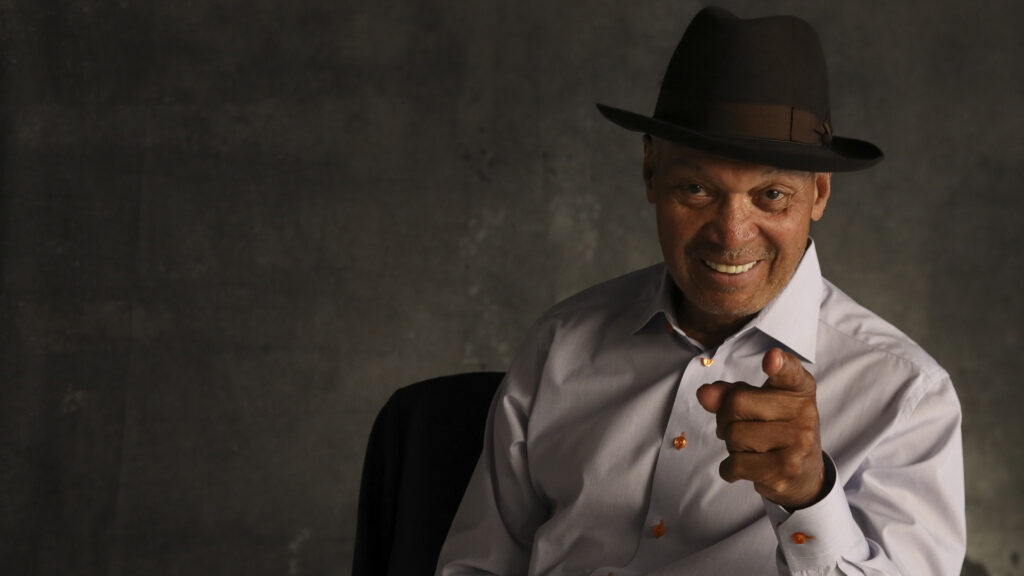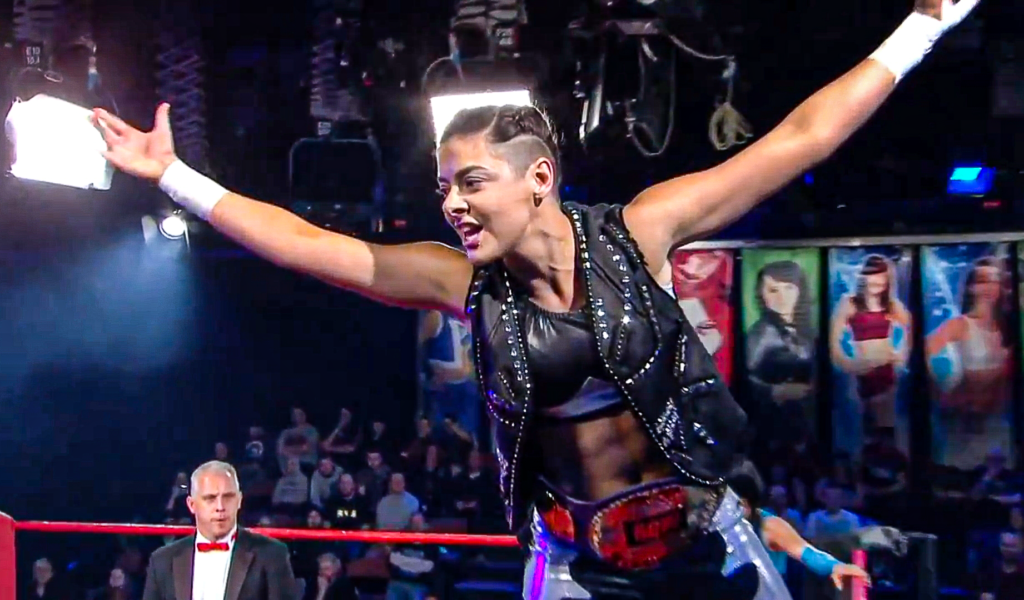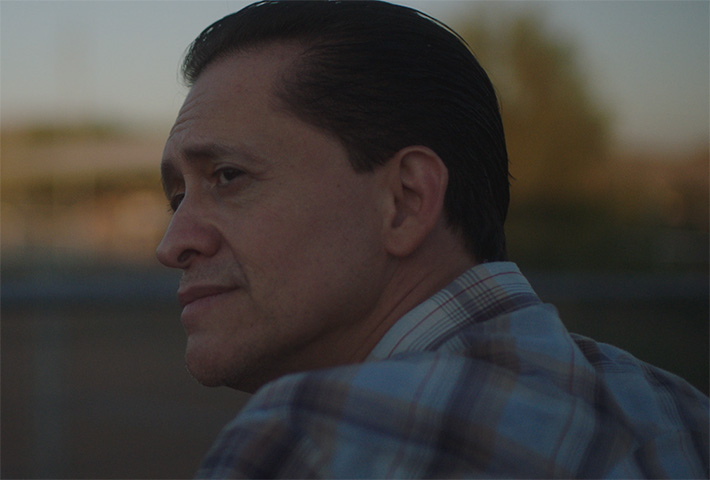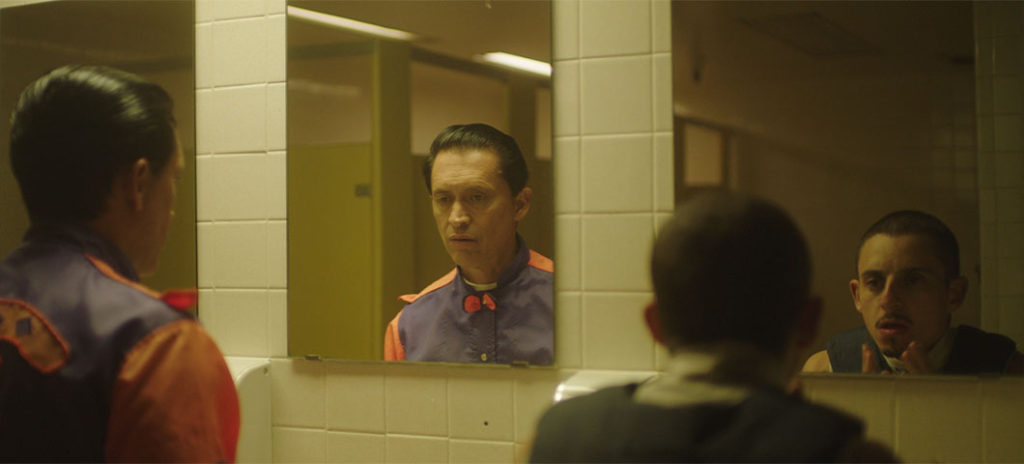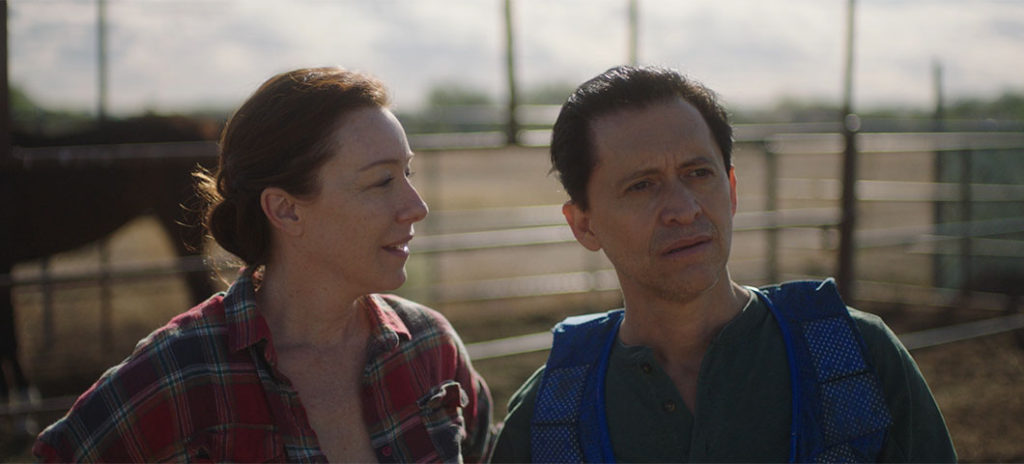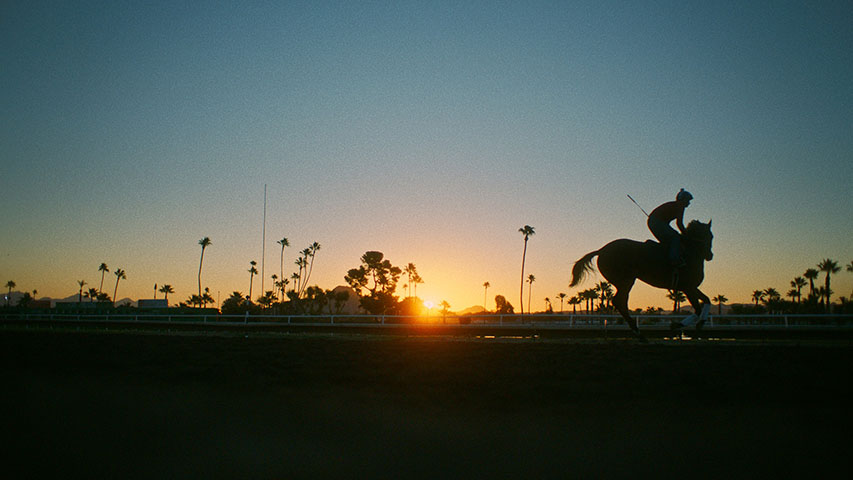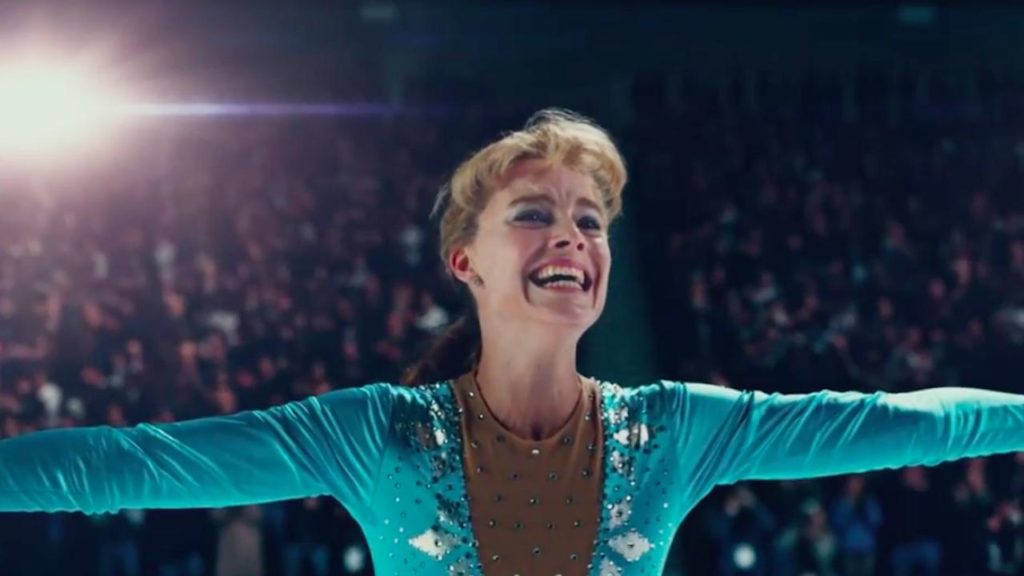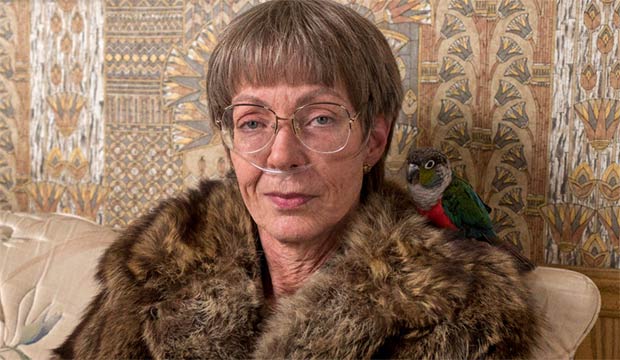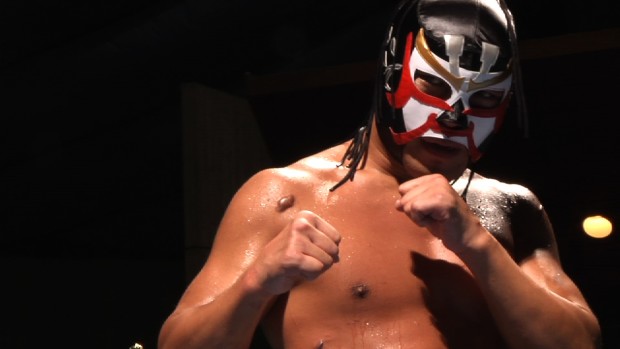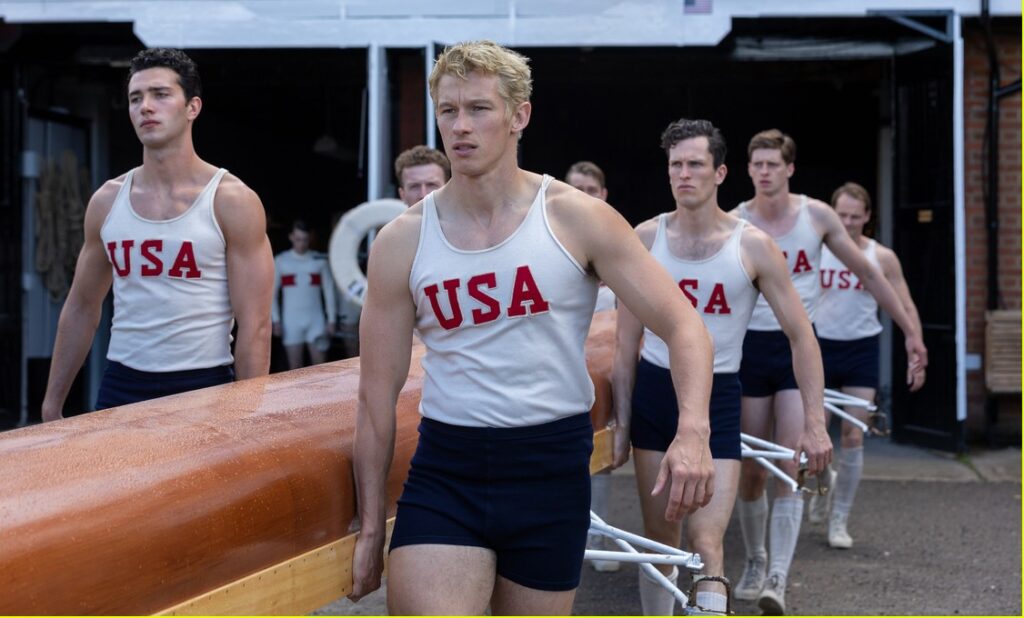
The Boys in the Boat is the entertaining true story of the ultimate sports underdog – the University of Washington’s junior varsity rowing team, which won gold medals at the 1936 Olympics hosted by Hitler in Munich (the Jesse Owens Olympics). Again, this was UDub’s JUNIOR varsity boat.
The Boys in the Boat follows a familiar arc for sports movies – the heroes must win the Big Race (actually, three Big Races here). We’ve all seen this before, but director George Clooney gets the credit for keeping The Boys in the Boat from becoming unbearably hackneyed or corny. Best known as a movie star, Clooney has proven himself an able director: Confessions of a Dangerous Mind, Good Night and Good Luck, The Ides of March, The Monuments Men.
In telling the story, Clooney emphasizes the Depression setting and how impoverished the kids on the team are, especially the main kid, played by Callum Turner. Joel Edgerton plays the taciturn coach, who must gamble his job on an unconventional decision. Few of us have a deep understanding of the sport of team rowing, so Clooney takes us on a rowing procedural.
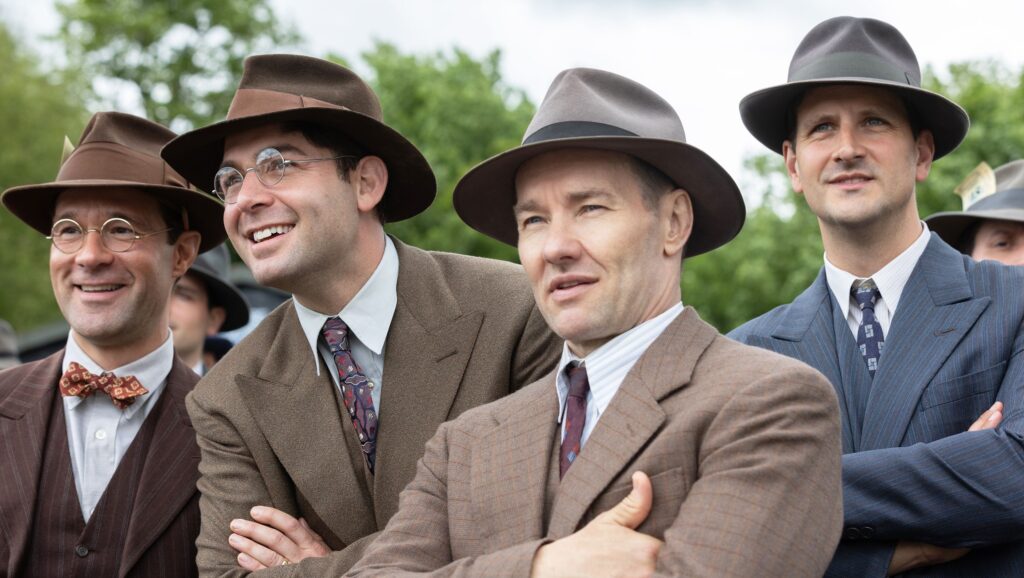
I love Edgerton in everything, and he’s starred in Master Gardener, Loving and Zero Dark Thirty. I especially recommend watching him in The Gift, which he also wrote an directed. Edgerton is very, very good here.
Callum Turner is adequate, but Luke Slattery and Jack Mulhern are especially vivid as his two of his teammates.
This story is still celebrated in Seattle, where you can still visit the boathouse and see the team’s memorabilia. One race is staged in the Montlake Cut between Lake Washington and Puget Sound. The coolest race scene has an observation train, with bleachers on the rail cars, keeping pace with the boats racing down the Hudson River.
The Boys in the Boat ain’t the most original film, but it’s enjoyable to watch.

